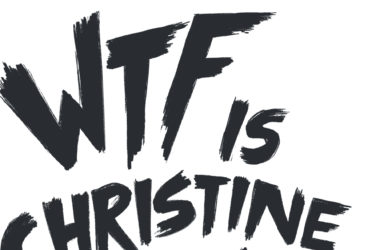Ten years ago I had written a sharp critique of how the “austerity era” of fiscal policy was being ushered in under a catechism preaching the 60/3 rule – meaning a public debt to GDP target of 60% and an annual ceiling of a budget deficit to GDP ratio of 3%. That catechism was alas pursued in subsequent years with results that were fully predictable and are all too well known. My 2012 brief essay is : https://tilisone.net/index.php/2022/04/06/the-same-but-different-or-is-it-different-but-the-same/
At the beginning of this month the Spanish Minister of Economy Nadia Calviño and the Dutch Minister of Finance, Sigrid Kraag, jointly presented a two page note which seems to contain the seeds of a very different approach to sustainable growth. In today’s setting of urgency, ubiquitous challenges, significantly increased solidarity and the need for massive public investments, the Ministers emphasized that country specific arrangements should be arranged, subject to proper monitoring of implementation. They recognized that we are in a world where public investments “crowd in” private investments. This upends the oft repeated (and frequently fallacious) assertion that private investments are crowded out by the availability of public funds. The Ministers further emphasized that the achievement of several of the objectives set out by the EU depends on reaching them along parallel roads – it is “both/and” rather than “either/or”.
In the March 18 report of the President of the Eurogroup (the Minister of Finance of Ireland, Pascal Donohue) to the President of the European Council (Charles Michel), the Annex to the report states that “a differentiation of fiscal policies across Member States is needed”. That statement, with its profound implications, was made prior to the Calviño/Kraag paper, and was supported by all Finance Ministers of the Eurogroup.
It is still very early days, and there are numerous hurdles to be overcome, before the austerity doctrine can be said to be cast aside. Indeed, the importance of creating and maintaining proper governance of public finances must remain a core part of better policies. But it is possible that we are at the start of a real process of change. The EU can only be enriched by having a framework which allows each country to use its self -knowledge to the maximum while retaining responsibility for its actions.
Peter O’Brien, Brussels, 7 April 2022





